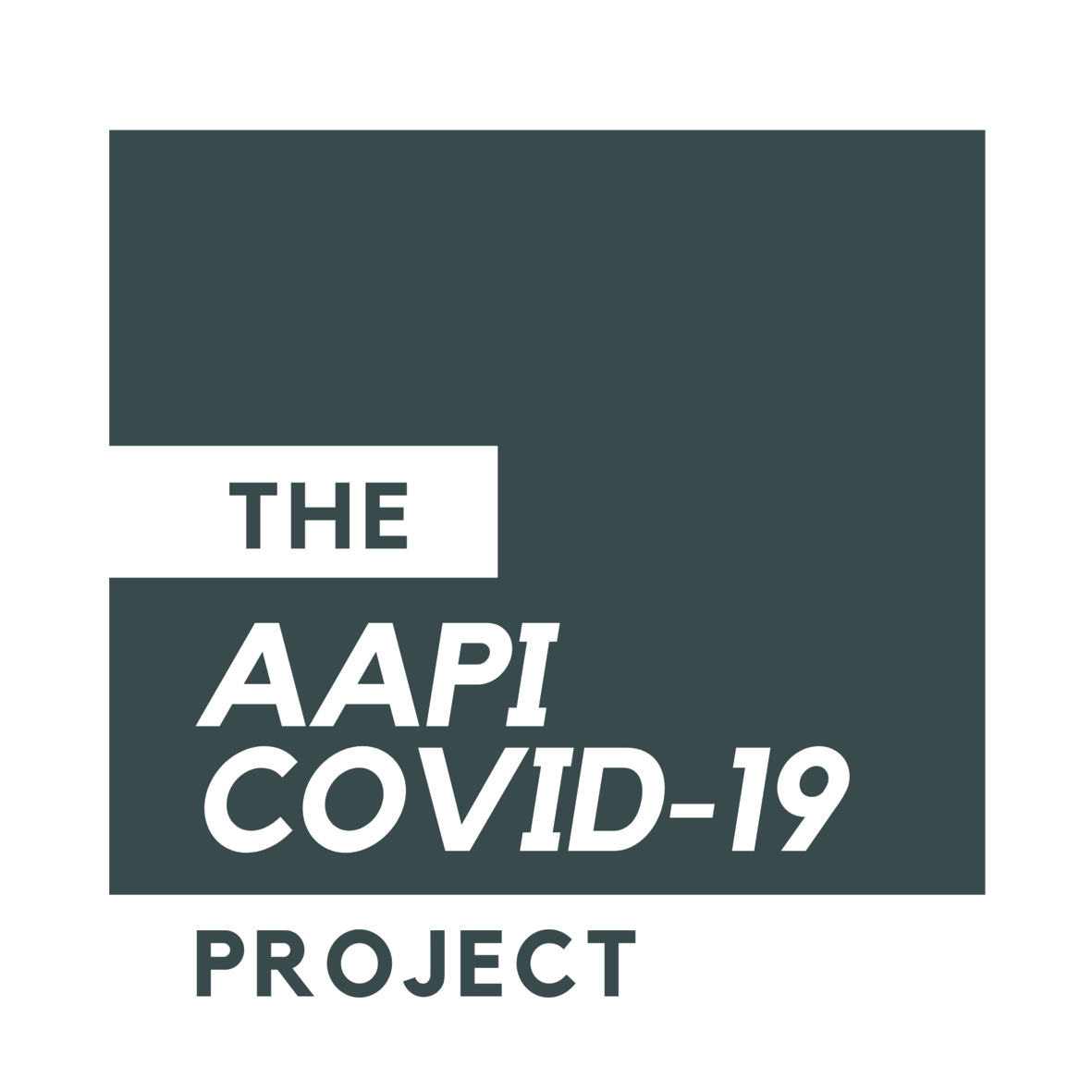Research Overview
Since the first case was detected, the COVID-19 pandemic has created significant economic, social, and political disruptions across the globe. Social scientists are certain that communities will not only have to adjust to these initial shocks, but to the pandemic’s long-term consequences. Scholars predict that COVID-19 will create a disproportionate burden on communities that are already marginalized—on the basis of their race & ethnicity, citizenship status, socioeconomic status, gender, sexuality, and ability.
The AAPI COVID-19 Project is a collective research study housed at Harvard University’s Department of Sociology that brings together faculty, graduate researchers, and undergraduate research assistants at seven research institutions in the United States. The project examines the ongoing COVID-19 crisis as it continues to shape the lives of Asians, Asian Americans, Native Hawaiians, and Pacific Islanders (A/AAs and NHPIs) in the United States. The project focuses on uncovering the multiple layers of harm — the virus itself and the intensification of racism and xenophobia that A/AAs & NHPIs have endured in its wake.
As a team of faculty, graduate researchers, and undergraduate research assistants with a diverse range of methodological skillsets, we engage in a mixed-methods approach. Our project includes utilizing in-depth interviews, participant observations, surveys, and social media analysis.
Research Areas
The project focuses on how COVID-19 and global responses to the pandemic impact six aspects of Asian, Asian American, Native Hawaiian, and Pacific Islander life:
Labor and the Economy
Research under this area includes restaurants, nail salons, and other businesses; intimate labor, such as sex work and massage; and the sharing/gig economy, such as ride-sharing services.
We are exploring questions such as:
What happens to A/AA & NHPI communities when cultural destinations—such as restaurants—are marked as unsafe?
What strategies are small businesses adopting to repair from monetary losses incurred both from racial stigma specifically and macro-level economic downturn?
Community Organizing & Advocacy
Research in this topic area includes the strategies and mechanisms of resistance to the pandemic and ensuing acts of racism by A/AA & NHPI non-profits, grassroots & activist organizations, and religious organizations/institutions.
Questions we are exploring include:
How are community-based organizations collaborating to combat anti-Asian racism and xenophobia?
How are A/AA & NHPI political ideologies shifting with the emergence of COVID-19 and global responses to the pandemic?
Health
Research in this area covers information on healthcare workers such as doctors, nurses, and paraprofessionals; immunocompromised people; people with disabilities; and disability rights activists and advocates.
Our team is exploring questions such as:
Are A/AA & NHPI healthcare workers experiencing racism and xenophobia in their professional lives?
Are there inequalities in obtaining accurate health information and time to adjust to the social distancing?
How do undocumented Asian & Pacific Islander immigrants gain access to health services?
Education
Research under this topic area includes examining A/AA & NHPI international student populations, daycares, primary and secondary schools, and universities.
Questions that our team are exploring include:
What strategies do A/AA & NHPI parents adopt to protect their children from both racism and COVID-19?
How are A/AA & NHPI university students responding to social isolation and in many cases, under the supervision of parents?
Family and Caregiving
Research in this topic area includes, but is not limited to: parenting & care for children, care for the elderly (such as parents and grandparents), and paid care work.
We are exploring questions such as:
How are A/AAs & NHPIs taking care of those who are at “higher risk” of death from COVID-19?
How do attempts to protect elders through social distancing also exacerbate isolation?
How are the gendered attitudes around carework impacting A/AA & NHPI families who are caring for multiple generations of family members?
Online Spaces
Research under this area utilize online/the digital as a site of study. This includes the use of social media (such as Facebook, Twitter, & Reddit), dating websites, and various forms of news media.
We are exploring such questions as:
What are the effects of social distancing and group identity on individuals’ perceptions and attitudes toward COVID-19 news on social media?
Is the formation of online communities by A/AAs & NHPIs heightened by social isolation?
We are currently recruiting survey and interview participants. To determine if you are eligible for our studies, please fill out this brief preliminary survey. Eligible survey participants will each receive $5 and interview participants will receive $20 as compensation for their time.
If you have questions regarding the project, please reach out to us via email or our Contact Us page.
Study Information
Title: Asian American and Pacific Islander Individual and Community Responses to COVID-19
Principal Investigator: Jason Beckfield, Professor, Harvard University.
This study has been approved by the Institutional Review Board (IRB) of the Harvard University-Area.

